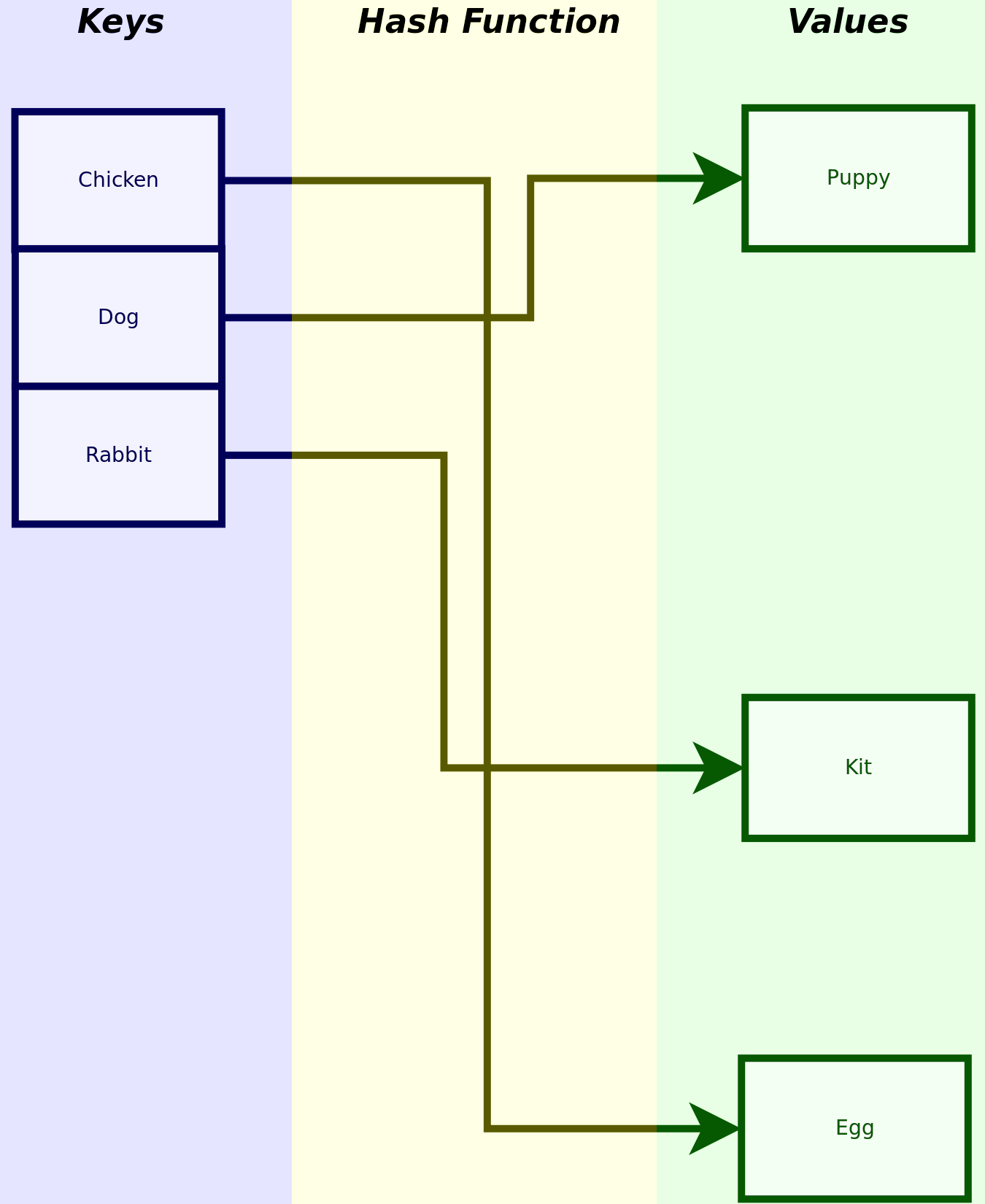

#LUA TABLE INSERT SORTED INMEMORY CODE#
The language gives you ways to optimize certain behavior if you think it's critical and in turn help the compiler optimize.īut to answer why the byte code cannot optimize _G lookups away: Your code may change how the table lookups work on the fly, hence the bytecode compiler cannot assume that the lookup is fixed, even though any practical program may never change it. I don't think of this as being any more weird than inlining and const references in C. It's a tradeoff of one reference stored locally versus one reference lookup from a table. If you do it at noncritical moment (say OnInitialize) I wouldn't worry. Using a loop to create a table array with nearly endless elements results in excessive memory usage, thus the program wil be killed (that is, the screen freezes). The size of the table needs to be controlled during use, because the RAM size of the HMI is limited. if you use a lookup in an inner loop or OnUpdate, it'll help a lot. Lua tables can implement various data structures, such as stacks, queues, and trees.

It's also why you local critical table lookups if you can. That's why it's not great to completely clobber global namespace because it will slow down everything. Lua is optimized to do table lookups fast but it's still not O(1). I think there are really two reasons why global name space is a table in lua:ġ) It keeps lua simple: It only needs to know tables and primary types and nothing else, everything, including global name-space is handled as a table and hence you don't need additional handling.Ģ) It allows _G to be meta-tabled, hence do fun things to protect declarations, protect parts of the name space etc all just from generic lua behavior or modify/sandbox access behavior. I don't much care for it personally, but it does seem to be a very popular language, and it sure is fast. I often wondered why Blizzard never chose Python as their embedded language. That makes me think of a completely unrelated topic.

I'd go look myself but I once dived into the internals of Perl, and in my previous job I was forced to learn more about the internals of Python than I otherwise would have wanted, so I am studiously avoiding looking at the internals of LUA now that I have a choice :) primitive though, that it would *really* look up _G each time its called? It does no form of CSE when it "compiles" the script (which I surely assume it is doing internally, compiling to bytecode and then executing the bytecode with a fast state-machine, or, one could hope, possibly even some form of JIT compilier if its advanced)? Or even moving the lookup of table.insert out of any loop? Just curious. Aliasing it to tinsert is for brevity, but also performs the function lookup exactly once, instead of every time you call table.insert() table.insert() does a lookup in the global table "_G". On a MediaWiki wiki with Scribunto enabled, create a page with a title starting with "Module:", for example " Module:Bananas".Quote from TorhalBoth. 5.2.5 libraryUtil.makeCheckSelfFunction.4.5.29 mw.language:getDurationIntervals.4.5.21 mw.language:parseFormattedNumber.math.random, math.floor) or string functions (e.g. table.insert is a built in lua function for tables, called in much the same way as, say, math functions (e.g. Ultimately, table.insert is simpler so it will be covered first. 4.5.11 mw.language:getFallbackLanguages The latter is generally more useful, though insert has its advantages.4.1.5 mw.incrementExpensiveFunctionCount.


 0 kommentar(er)
0 kommentar(er)
